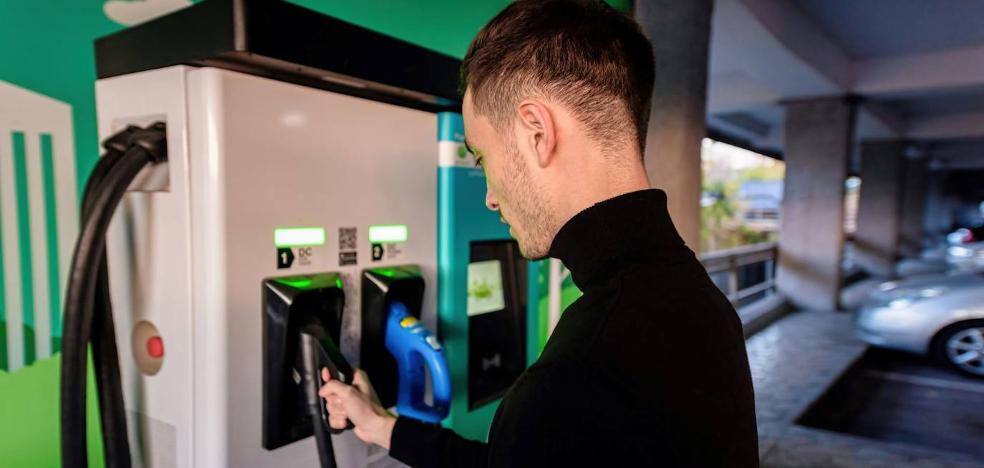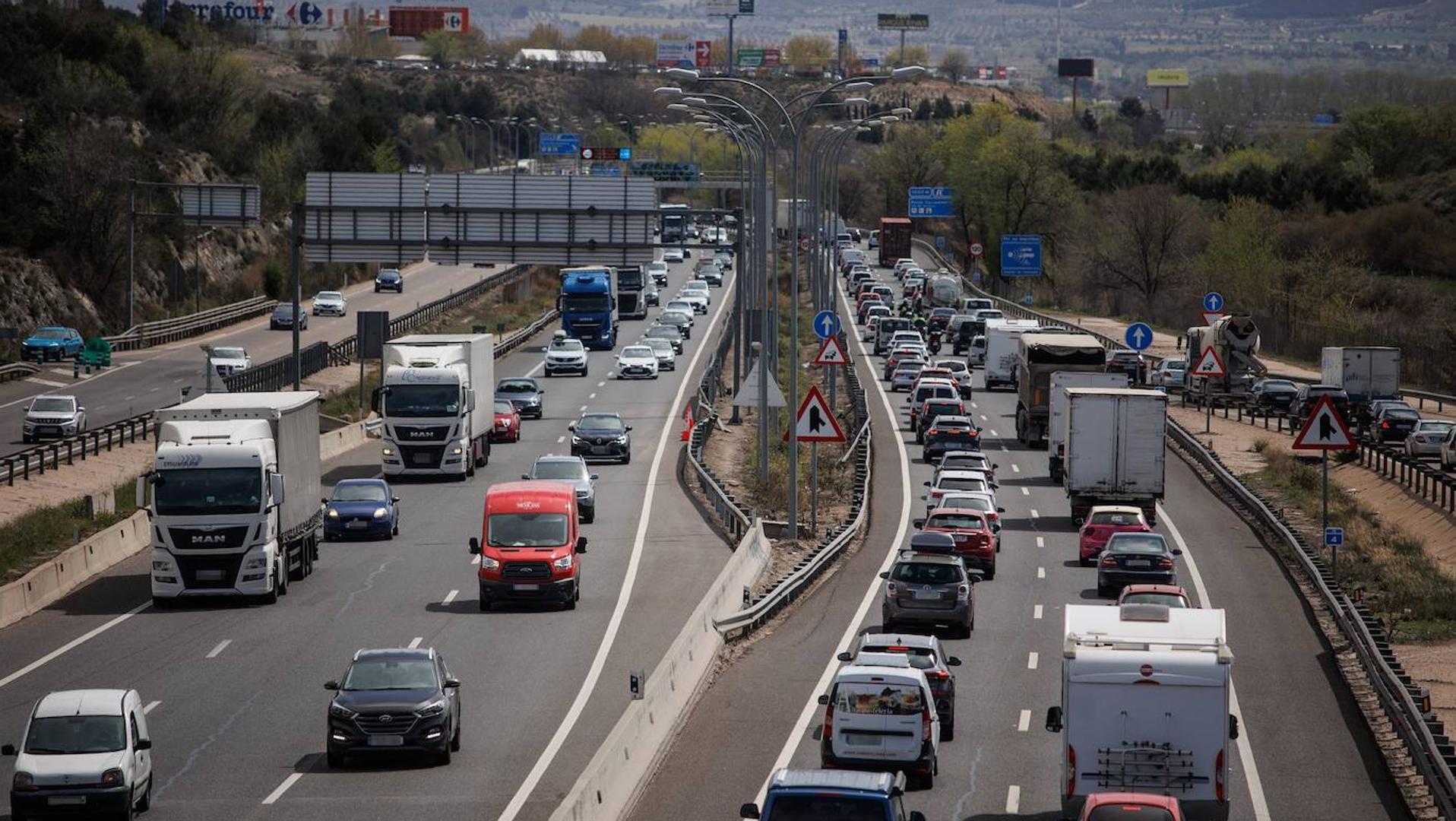They see the ban on the marketing of combustion engine vehicles from 2035 as an unprecedented decision that will make the EU the only region in the world where cars will be fully electric
The
European Association of Manufacturers of ACEA vehicles, has emphasized that all efforts of the car industry in Europe are “focused on zero-emission mobility”, while it has “solid proposals and solutions to achieve this transformation”, but believes that policies and regulations by the European Union and its members must align and support the overall objective of achieving “zero-emission transport in Europe and produced in Europe”.
According to the director-general of the European Automobile Manufacturers Association (ACEA), there is a risk that new European rules on carbon dioxide (CO2) emissions will “slow down” the path to decarbonisation of the European automotive sector.
Sigrid deVries.
De Vries refers to the agreement between the European Commission, the Council of the European Union and the European Parliament that prohibits the commercialization of combustion engine vehicles in the European Union (EU) from 2035 and the Euro 7 regulations, which tires sets emission standards for cars and vans.
In this sense, De Vries warns that the tripartite agreement “requires massive investments in electrification”, while the Euro 7 proposal represents “heavy expenditure on the internal combustion engine”.
“Those policies don’t match, they steer
confusing signals and ultimately risk slowing down our race to decarbonization. We urgently need a holistic and simplified approach to the massive transition to zero emissions our industry is going through,” emphasized ACEA’s Director General.
Regarding the ban on the marketing of combustion engine vehicles in the EU from 2035, De Vries considered that it
an “unprecedented decision” meaning that the EU will be the “first and only” region in the world where cars will be fully electric.
In this regard, he believes that the European industry is “up to the challenge”, given that in the third quarter of the year the share of 100% electric cars “continued to grow” and accounted for almost 12% of total passenger registrations represents. cars in the European Union.
In addition, it has influenced the fact that the forecasts suggest it
the European market will take the lead to other regions of the world by 2030, as the share of all-electric vehicles is estimated to exceed 70%, higher than the percentages in countries such as China or the United States.
However, he has qualified that for this to happen and for the target of zero emissions in 2035 to be achieved, it is “absolute” that a series of essential conditions be established.
For example, it has focused on the need for all parties involved to “cooperate” to ensure access to the raw materials necessary for electric mobility, on the need to
making electric cars affordable for the mass market and has also stressed the need to mitigate the “negative impact” on employment and set up a “fast and easy” charging network in Europe.
“To keep up with developments in all these areas, ACEA is calling for a robust and meaningful mid-term review of CO2 regulations. That is essential to assess whether sufficient progress has been made,” emphasized De Vries.
As for the Euro 7 proposal, they have considered from ACEA that it is
a “counterproductive” measurebecause it “threatens to delay” the transition to zero-emission transport.
“Extraordinarily strict tests and preconditions do little to improve air quality in everyday traffic. However, they significantly increase the cost of vehicles, diverting valuable resources, both technical and financial, from the goal of zero emissions,” said ACEA’s CEO.
In this context, he has deepened that a number
the proposed limits “They border on what is technically feasible”, while also lamenting that the proposed implementation dates (July 2025 for cars and vans and July 2027 for heavy duty vehicles) “are not realistic” due to the “large number” of models and vehicle variants that will time developed, tested and homologated.
“Heavy duty vans get extra rough because of the date and content.
The Euro 7 proposal for trucks completely ignores the rapidly accelerating shift to zero-emission vehicles and also the effect of future CO2 targets for heavy-duty vehicles,” de Vries warned.
Along these lines he pointed out
there are studies pointing out that a fleet renewal with Euro 6 (the one that replaces Euro 7) in combination with the electrification of new vehicles would lead to an 80% reduction in nitrogen oxide (NOx) emissions from road transport by 2035 compared with 2020 .
“Over the same period, the strictest Euro 7 scenarios would reduce NOx emissions from road transport by less than an additional 5% for cars and vans compared to Euro 6 levels, and by around 2% for trucks,” he says.
ACEA has emphasized all of that
efforts of the automotive industry in Europe “focus on zero-emission mobility”, while having “solid proposals and solutions to achieve this transformation”, but believes that policies and regulations need to be aligned and support the overall objective of “zero-emission transport in Europe and produced in Europe.
Source: La Verdad
I am Ida Scott, a journalist and content author with a passion for uncovering the truth. I have been writing professionally for Today Times Live since 2020 and specialize in political news. My career began when I was just 17; I had already developed a knack for research and an eye for detail which made me stand out from my peers.



